Market Analysis
In-depth Analysis of Photolithography Market Industry Landscape
The photolithography market is dynamic and varied, affecting its trajectory. The market is driven by technology. Continuous improvements in photolithography methods and equipment to improve resolution and precision shape the industry. Technology evolves as the industry meets demand for smaller, more efficient electronics.
Global semiconductor demand is another market factor. Advanced semiconductor components are needed as more sectors use technology. Since semiconductor makers need cutting-edge technology to make high-performance chips for smartphones and automotive systems, this demand directly affects the photolithography market.
Photolithography is heavily influenced by the economy. Semiconductor manufacturers invest extensively in new equipment and facilities during economic growth, expanding the market. During economic downturns, cutbacks and reduced spending may lower photolithography equipment demand. Photolithography market fluctuations are caused by the global economy's cyclical nature.
Trade policies and geopolitics complicate market dynamics. Many photolithography manufacturers and suppliers trade internationally. Trade rules, taxes, and geopolitical tensions can disrupt products and technology flows, affecting market accessibility and cost. Export limits and intellectual property laws impact market dynamics.
Environment has become a major issue in photolithography. Environmental sustainability awareness has led to strict legislation and industry initiatives to reduce manufacturing processes' environmental footprint. Photolithography companies are adjusting to a movement toward ethical and sustainable business practices by adopting eco-friendly procedures and producing equipment that meets strict environmental criteria.
Photolithography has many major players competing for market share. Research and development, product differentiation, and cost-effectiveness affect competition. Research and development to stay ahead of technology advances gives companies an edge. The capacity to differentiate products and offer cost-effective solutions further positions organizations in the market. Understanding supply chain dynamics is key to market dynamics. Photolithography equipment output capacity and cost depend on raw materials, components, and skilled labor.

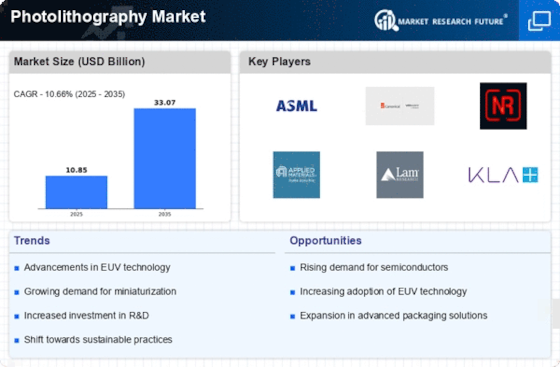
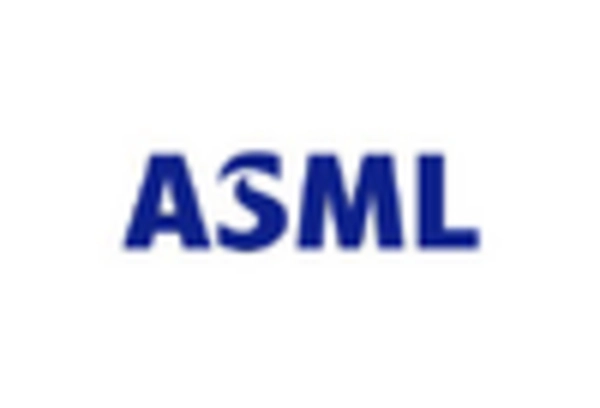

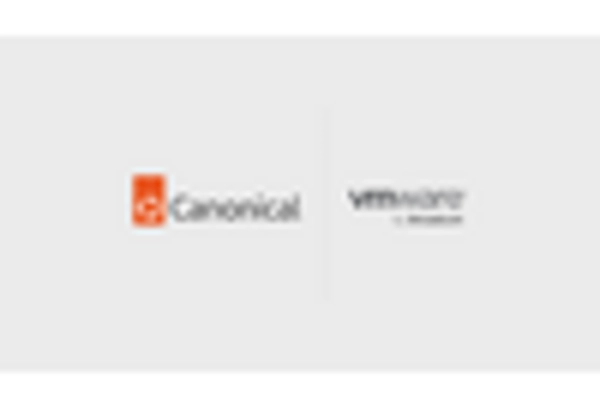
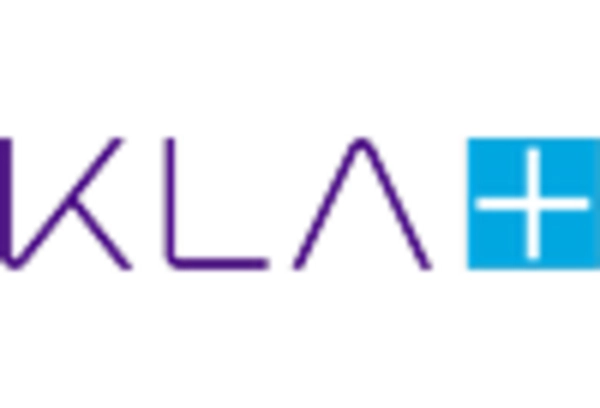
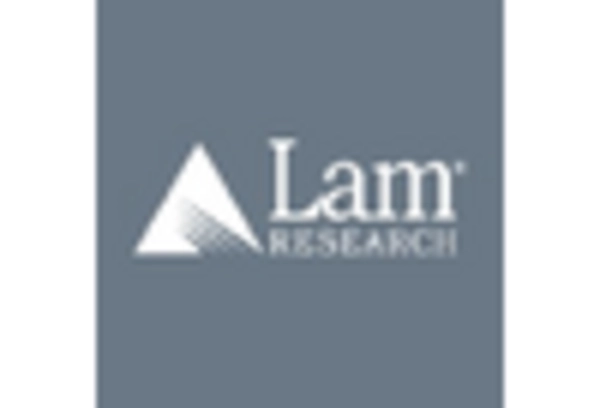
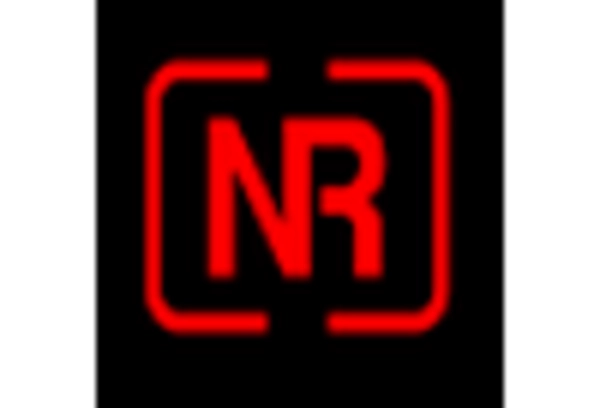









Leave a Comment